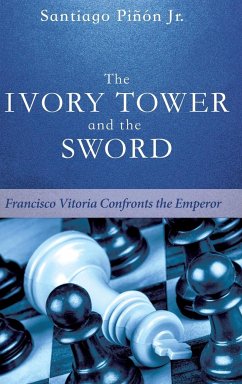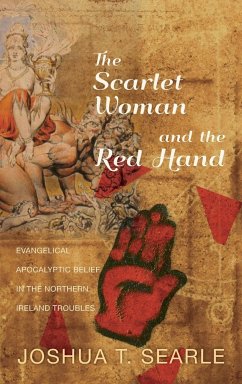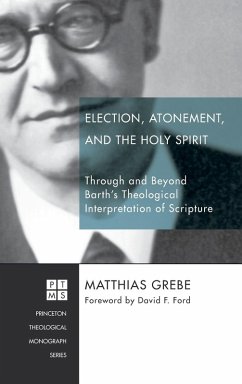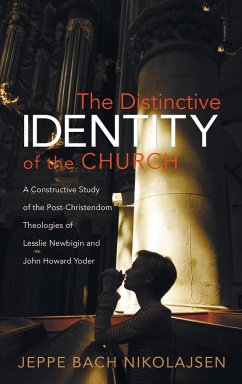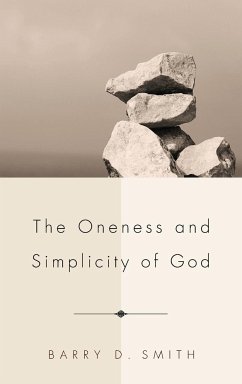How can one be interested in social justice without participating in public protests? Must one go to jail for one's convictions in order to have integrity and legitimacy? Have academics succumbed to the negative connotations of the ivory tower by remaining in their cubicles, unaware of the social ills that threaten the very core of society? Or, is it possible for individuals who sit comfortably at their desks to have legitimate input into the evils that surround the cities in which we live? These are some of the questions that prompted The Ivory Tower and the Sword. By turning our attention to Francisco Vitoria, Santiago Pinon offers insight into a thought-provoking individual who was deeply concerned with the social injustices that his countrymen were committing. Living in the sixteenth century, Vitoria knew of the torturous practices that his fellow Spaniards had been conducting against the native peoples of the New World. Using the influence of his position as an academic theologian, Vitoria challenged these practices and held the Spanish emperor accountable for failing to intervene on behalf of the native peoples. From Vitoria we learn how to confront social ills from the ivory tower. ""Not only does Pinon provide us with one of the most comprehensive analyses of Francisco Vitoria's thoughts, but he also successfully retrieves the work of this scholastic theologian to demonstrate how to conduct constructive theology at the intersection of the political, the theological, and the legal, providing today's readers a new postcolonial understanding capable of addressing issues of justice. Bravo!"" --Miguel A. De La Torre, Professor of Social Ethics and Latino/a Studies, Iliff School of Theology ""Pinon weaves together a tightly argued and engaging historical recovery of the ivory tower influence of Francisco Vitoria's philosophical humanism to model how contemporary scholars can and should fight for social justice with the power of the written word. The Ivory Tower and the Sword is an illuminating and thought-provoking read that challenges previous ill-informed misreadings of Vitoria, and establishes an early interdisciplinary approach for doing theology from within the belly of empire."" --Sammy Alfaro, Assistant Professor of Theology, College of Theology, Grand Canyon University ""The Ivory Tower and the Sword provides a close textual read and meticulously compelling argument for contributions of theological activism through deep scholarship as evidenced by the case of Dominican Friar Francisco de Vitoria's letters and public documents against Spanish dominion over indigenous peoples of the Americas."" --Neomi DeAnda, Assistant Professor of Religious Studies, Human Rights Center Associate, Department of Religious Studies, University of Dayton ""Pinon's solid exploration of Francisco Vitoria's heritage offers a bold challenge to current discourse on the relationship of law, empire, and revolution. His careful yet accessible rehearsal of Vitoria's legal and scholastic appeals to the rule of law in defense of the indigenous, just war theory, the law of nations, and state rulers as responsible for the common good, recovers key tools for political and ethical reflection today. Those concerned with the struggle for justice will gain insight into the role of the legal order in social transformation."" --MT Davila, Associate Professor of Christian Ethics, Head Advisor to the Master of Arts Programs, Andover Newton Theological School Santiago Pinon Jr. is Assistant Professor in the Religion Department of Texas Christian University.
Hinweis: Dieser Artikel kann nur an eine deutsche Lieferadresse ausgeliefert werden.
Hinweis: Dieser Artikel kann nur an eine deutsche Lieferadresse ausgeliefert werden.

